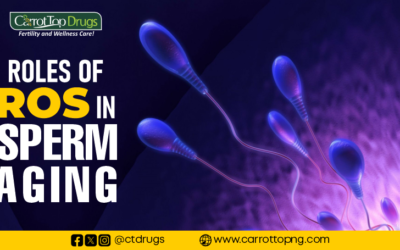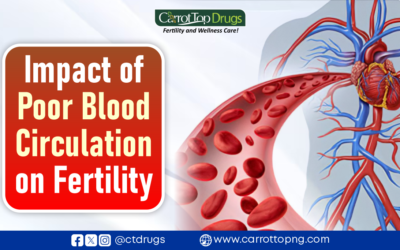Sperm Quality Declines in Men after age 40?
It is a popular fact that sperm is renewed daily in Men. Meanwhile, women’s fertility begins to decline rapidly from around age 35. So, it might seem like women bear the weight of infertility much more than men. But no! Women are not the only ones who go through age-related fertility decline. Men also experience fertility decline as they grow older.
First of all, as a man gets older, he has an increased risk of developing medical conditions that affect sexual health and fertility. For instance, previous medical issues such as; erectile dysfunction, STIs, varicoceles, and genetically abnormal sperm. Environmental factors such as overexposure to industrial chemicals and metals can harshly affect sperm count. Lifestyle choices, like illegal drug use, alcohol, smoking, and obesity can also affect a man’s fertility.
Apart from difficulty with impregnation, fertility problems can lead to miscarriages and an increased risk of developmental concerns of the child. Here are some of the parameters that can cause infertility in men as they grow older.
- Low Sperm Count: Low sperm count is one of the leading fertility problems for men, especially those over 40. A low sperm count means there are 15 million sperm per millimeter of semen or less. This figure can add up to less than 39 million sperm per ejaculate. When this happens, there is a delay in pregnancy or an inability to get pregnant. There are several medical, lifestyle, hormonal, and environmental factors that cause low sperm count. Men over 40 are more likely to be exposed to these stressors. Without addressing these factors, improving sperm count can be difficult.
- Decreased sperm motility: “Motility” is the ability of the sperm to move and “swim” properly toward the egg. A high sperm count is important, but sperm movement is another essential part of fertility. A lack of movement or motility is another fertility problem, affecting 1 in 5,000 men. Sperm needs to move quickly and efficiently to reach the egg in the fallopian tubes. If the sperm does not move at least 25 micrometers per second, there is low motility. Like sperm count, genetics, weight, smoking, and harmful lifestyle conditions can slow sperm down.
- Decreased sperm morphology: Normal sperm should have an appropriate shape, size, and appearance known as morphology. These factors help determine the overall health of the sperm. There can be defects in 3 parts of the sperm, including the head, midsection, and tail. Each piece is essential to fertilize the eggs. If any part is damaged, infertility or congenital disabilities can happen. Conditions that affect the shape are often genetic, like acephalic sperm or headless sperm, which cannot fertilize an egg.
- Decreased seminal volume: This refers to how much semen is ejaculated per round of s*x. As you get older, there’s a good chance that you’re going to produce less semen. Men tend to have lower sperm counts as they age, while their seminal vesicles produce less fluid. That means you won’t experience anywhere near as large an ejaculation, especially if you’ve got some other health problems as well.

















